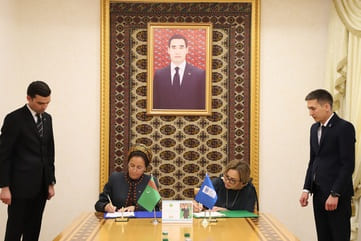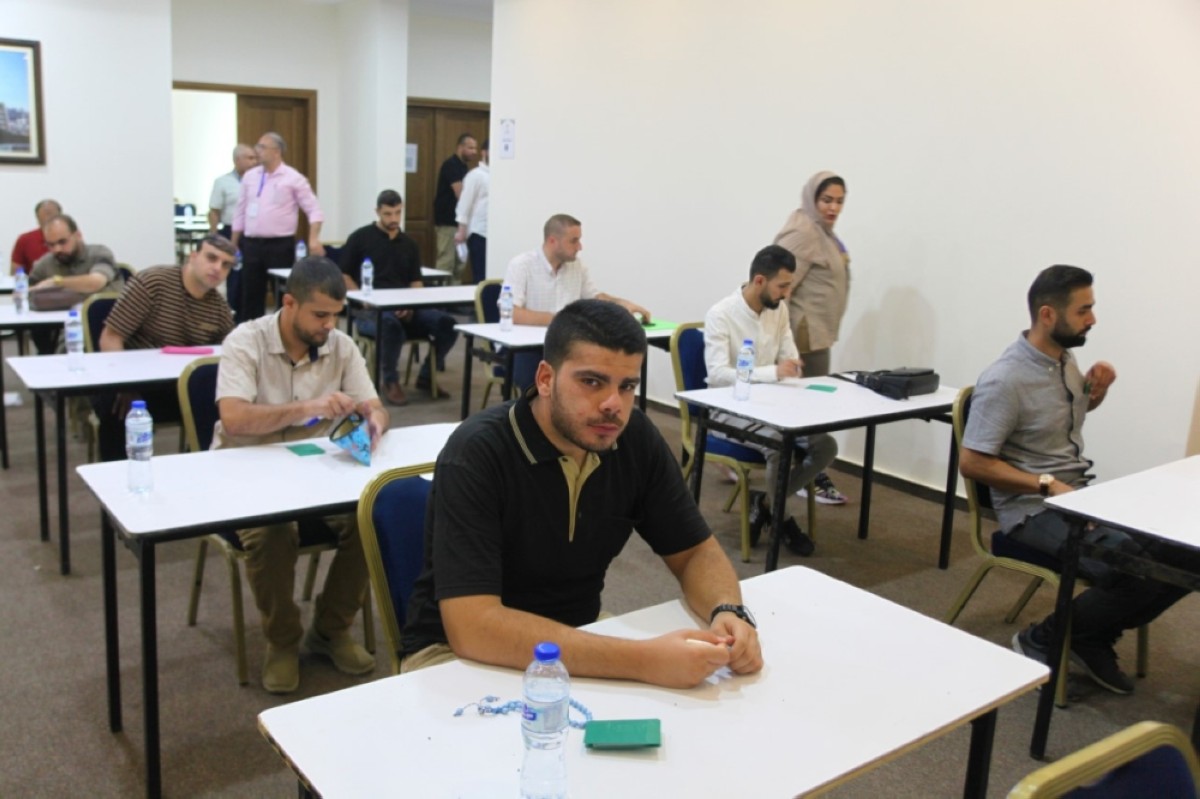



Kuwait is taking steps to address its ongoing teacher shortage by considering the rehiring of retired Kuwaiti educators. The Ministry of Education has finalized a report that outlines the specializations needed and identifies former teachers who can be called back to service. The initiative aims to fill gaps, particularly in scientific subjects, and leverage the experience of national educators to maintain the quality of education [a4c8e16f].
In addition to rehiring retired educators, the Kuwaiti Ministry of Education has decided to contract Palestinian and Jordanian teachers living in Jordan to work in Kuwaiti schools for the next academic year. A foreign contracting committee will be sent to Jordan to finalize contracts with teachers of physics, mathematics, and chemistry. The ministry aims to ensure that the contracted teachers arrive before mid-August. Kuwait has been gradually increasing the number of Palestinian teachers it contracts, and this move further strengthens the bond between the Kuwaiti and Palestinian peoples [904851fa].
Meanwhile, Minister of National Education Yusuf Tekin visited Keçiören Kocatepe Primary and Secondary School in TURKIYE and met with teachers who participated in the summer vocational study program. The teachers expressed their satisfaction with the projects implemented by the Ministry, especially the 'system that connects teacher-parent meetings to appointments, the new curriculum change, and the Teaching Profession Law'. Minister Tekin stated that they will continue to support teachers. The teachers will examine the new curriculum and send their reports to the Ministry [2133ca10].
In another part of the world, the United Nations Development Program (UNDP) and the Ministry of Education of Turkmenistan have signed a Memorandum of Understanding (MoU) to enhance Turkmenistan's education system and promote sustainable development [63854b25]. The MoU focuses on improving educational programs, integrating human rights principles, advancing gender equality, supporting climate change initiatives, and promoting healthy lifestyles within educational institutions. The partnership also aims to integrate digital technologies and innovative solutions into Turkmenistan's education sector to create a more inclusive and efficient education system. UNDP works closely with governments, development partners, and civil society organizations to eradicate poverty and reduce inequality. The collaboration with Turkmenistan is part of UNDP's efforts to advance the national development agenda and enhance the well-being of the people.
These education partnerships between Kuwait and Palestine, as well as UNDP and Turkmenistan, demonstrate the commitment of these countries to strengthen their education systems and promote sustainable development. By collaborating and sharing resources, they aim to create more inclusive and efficient education systems that provide quality education to their students [904851fa], [63854b25].